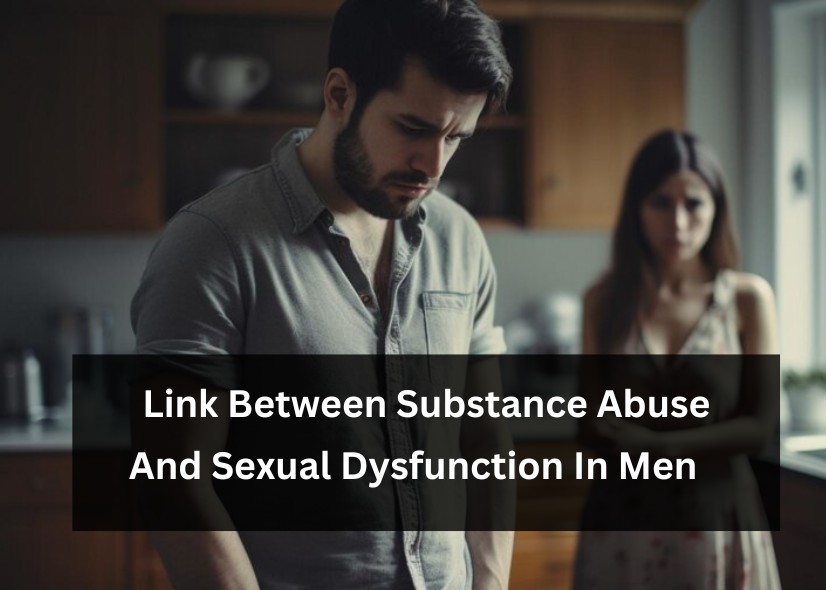The Interplay of Substance Abuse and Sexual Dysfunction
Substance abuse, whether it involves alcohol, illicit drugs, or prescription medications, can exert detrimental effects on various bodily systems, including those crucial for sexual function. Chronic substance abuse disrupts hormonal balance, impairs neurological pathways, and damages blood vessels, all of which can contribute to sexual dysfunction in men. Additionally, substances like alcohol and opioids can dampen libido, impair erectile function, and delay or inhibit orgasm, leading to a range of sexual difficulties.
Conversely, sexual dysfunction can also serve as both a precursor to and a consequence of substance abuse. Men experiencing sexual difficulties may turn to substances as a means of coping with performance anxiety, low self-esteem, or relationship issues. On the other hand, the shame, guilt, and frustration resulting from sexual dysfunction can exacerbate substance abuse tendencies, creating a vicious cycle of self-medication and worsening symptoms.
Psychological Factors and Co-Occurring Disorders
Beyond the physiological aspects, psychological factors play a significant role in the relationship between substance abuse and sexual dysfunction. Conditions such as depression, anxiety, post-traumatic stress disorder (PTSD), and childhood trauma are common among individuals grappling with substance use disorders and can exacerbate sexual difficulties. Furthermore, the stigma surrounding both substance abuse and sexual dysfunction can intensify feelings of shame and isolation, hindering individuals from seeking help and perpetuating the cycle of suffering.
Treatment and Recovery
Addressing substance abuse and sexual dysfunction concurrently is paramount for comprehensive treatment and long-term recovery. A holistic approach that integrates medical interventions, psychotherapy, and lifestyle modifications is often most effective. Substance abuse treatment may involve detoxification, medication-assisted therapy, counseling, and support groups to address the underlying causes and triggers. Similarly, interventions for sexual dysfunction may include medication, psychotherapy, couples counseling, and lifestyle changes aimed at improving overall sexual health and well-being.
Moreover, providing a supportive and nonjudgmental environment is essential for individuals to feel comfortable discussing their struggles and seeking assistance. Breaking the silence and fostering open dialogue about substance abuse and sexual dysfunction can reduce stigma, increase awareness, and promote early intervention and prevention efforts.
The link between substance abuse and sexual dysfunction in men is complex and multifaceted, with physiological, psychological, and social factors interplaying to create a challenging landscape for individuals and healthcare professionals alike. By recognizing this connection and addressing both issues concurrently, we can enhance treatment outcomes, improve quality of life, and foster healthier relationships and communities. Through education, advocacy, and compassionate care, we can break the cycle of suffering and empower men to reclaim control over their health and well-being.

